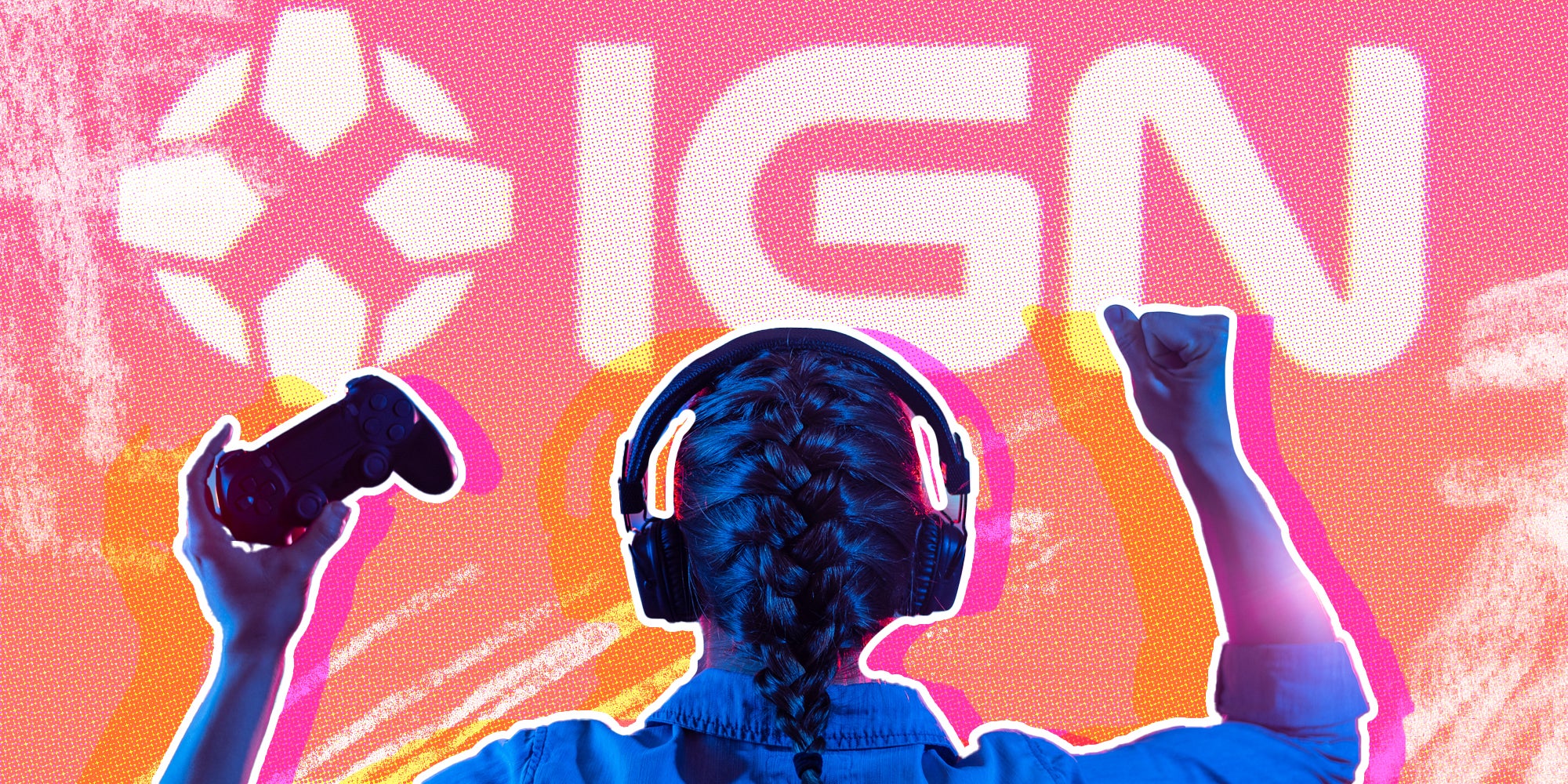
On May 20, gaming website IGN Entertainment announced that it had acquired the Gamer Network and its catalog of websites, including GamesIndustry.biz, Eurogamer, Rock Paper Shotgun, VG247, and Dicebreaker.
The announcements of layoffs and redundancies in the wake of the IGN acquisition quickly hit X. Managing editors, deputy editors, and news editors with dozens of years of experience in the gaming journalism space lost their jobs. Many, if not all, employees outside the U.K. who worked for the Gamer Network have been made redundant, according to Aftermath.
Video game journalism is a crucial part of the media ecosystem, but it’s at risk of disappearing entirely. Though some content creators scream for the death of the industry, it would be bad for them, as well as every gamer around the globe.
IGNo
IGN is already the biggest English gaming news site and the ninth-largest gaming website in the world, according to SimilarWeb. It focuses on getting news out quickly to its gigantic following of 114 million monthly readers to maximize clicks, which can sometimes lead to retractions and apologies.
In May 2021, IGN retracted an article urging readers to donate to Palestinian aid, though it reinstated the article in August after public outcry. Earlier this week, IGN pulled a tweet about streamer Kai Cenat’s Elden Ring marathon admitting they “messed up.”
The site also has a culture of paying freelancers on the low side of the market, admitting on their website for a “base rate of $30” for stories with a quick 20-30 minute turnaround. To make a living this way, you’d have to grind out as many stories as you can in a day. That doesn’t bode well for quality or content vetting.
In short, IGN is the fast food of games journalism, and it could have its newly acquired publications follow its successful model.
GamesIndustry.biz focuses on where the money of a $347 billion industry goes, publishing well-researched, unbiased news. Eurogamer and Rock Paper Shotgun are some of the oldest gaming media brands and have a voice all their own. Now, they are all at risk of turning into just another click farm.
A Gaming Graveyard
This news of the IGN acquisition and layoffs is sad for those who care about quality gaming journalism and its future. Over the past few years, countless outlets and verticles have closed, like the Washington Post’s Launcher, Vice, and Upcomer, just to name a few.
It follows the same trend as the industry it covers, with dozens of game studios shuttering their doors leading to thousands of layoffs. All of these are seemingly victims of venture capital — shareholders’ appetite to see the line go up just doesn’t work in a creative field, which needs a more sustainable business model.
I got my start writing guides and news about video games nearly a decade ago on smaller, now defunct websites. Like many games journalists, I started as a hobbyist who just wanted to share his love for a space I cared about, letting my passion focus on my work.
But other than the occasional blog about gaming’s past, I’ve mostly left that world behind. And I’m far from the only one, as more games journalists face layoffs, pivot to other beats, or move to the other side in marketing and PR.
The YouTube Problem
Even though these outlets are closing and journalists are leaving, there’s still a massive hunger for gaming content. But if these websites completely get swallowed up and go the way of the dodo, gamers will only be able to get their information from influencers and content creators.
According to some of the angriest culture warriors who believe that the “woke agenda” has permanently tainted what they call “urinalists,” that’s a good thing. But most YouTubers who post daily rage bait do not hold themselves to the same editorial standards as journalists, because they aren’t and never claim to be one of them.
If the entire ecosystem switched over to just YouTubers, some of whom have massive conflicts of interest as they get paid thousands to promote games and events, then the industry is doomed. The news cycle would just be out-of-context clips spread through a game of viral telephone, without any fact-checking or nuance.
Many content creators realize how important it is to have journalists since then they have something newsworthy to talk about in their videos. We need unbiased journalists across all beats, from tech to foreign policy.
As Bloomberg writer Cecilia D’Anastasio elegantly put on X, “A strong games press is especially important as the lines blur between gaming and social media/big tech.”




